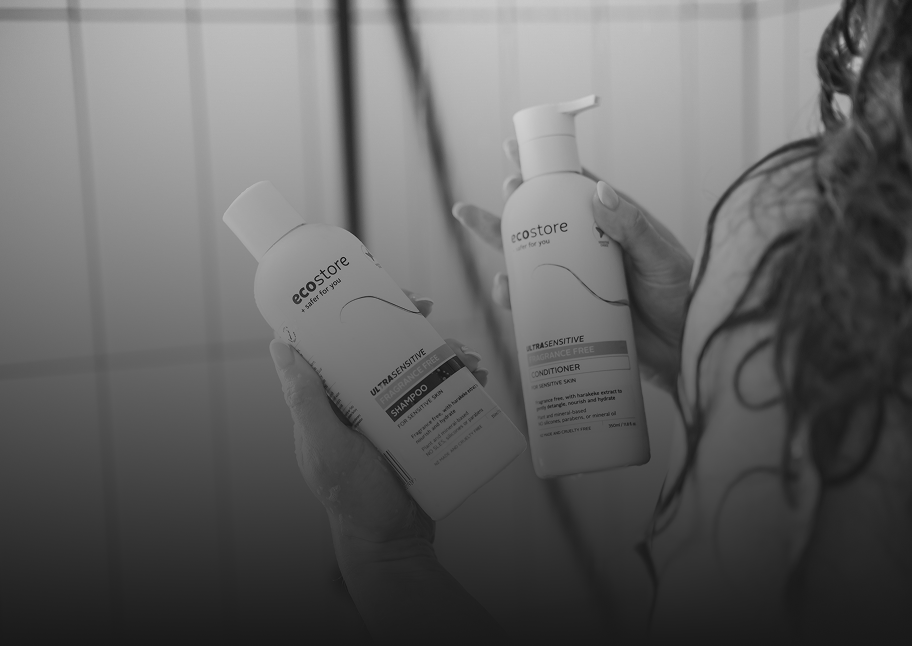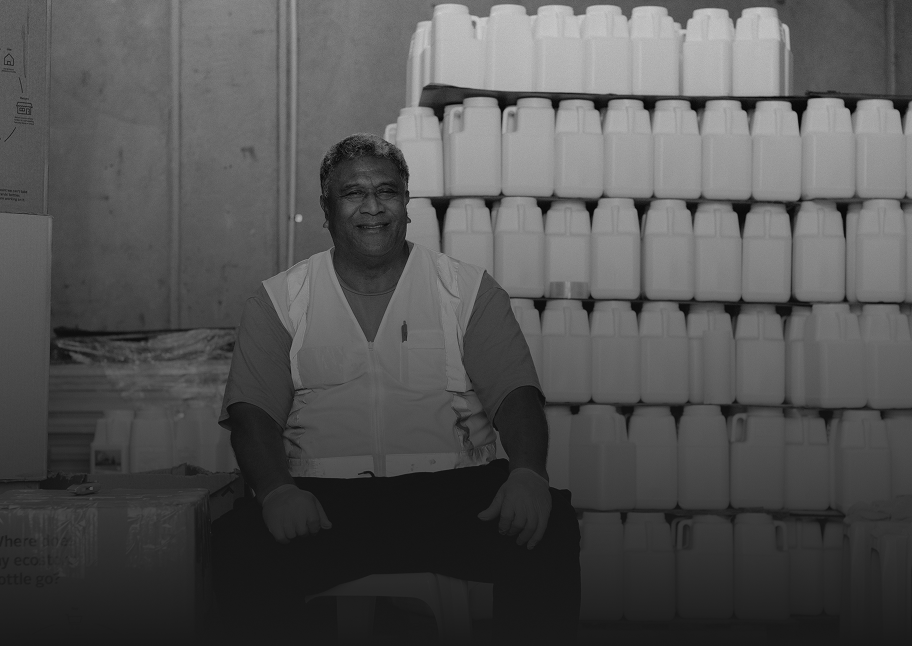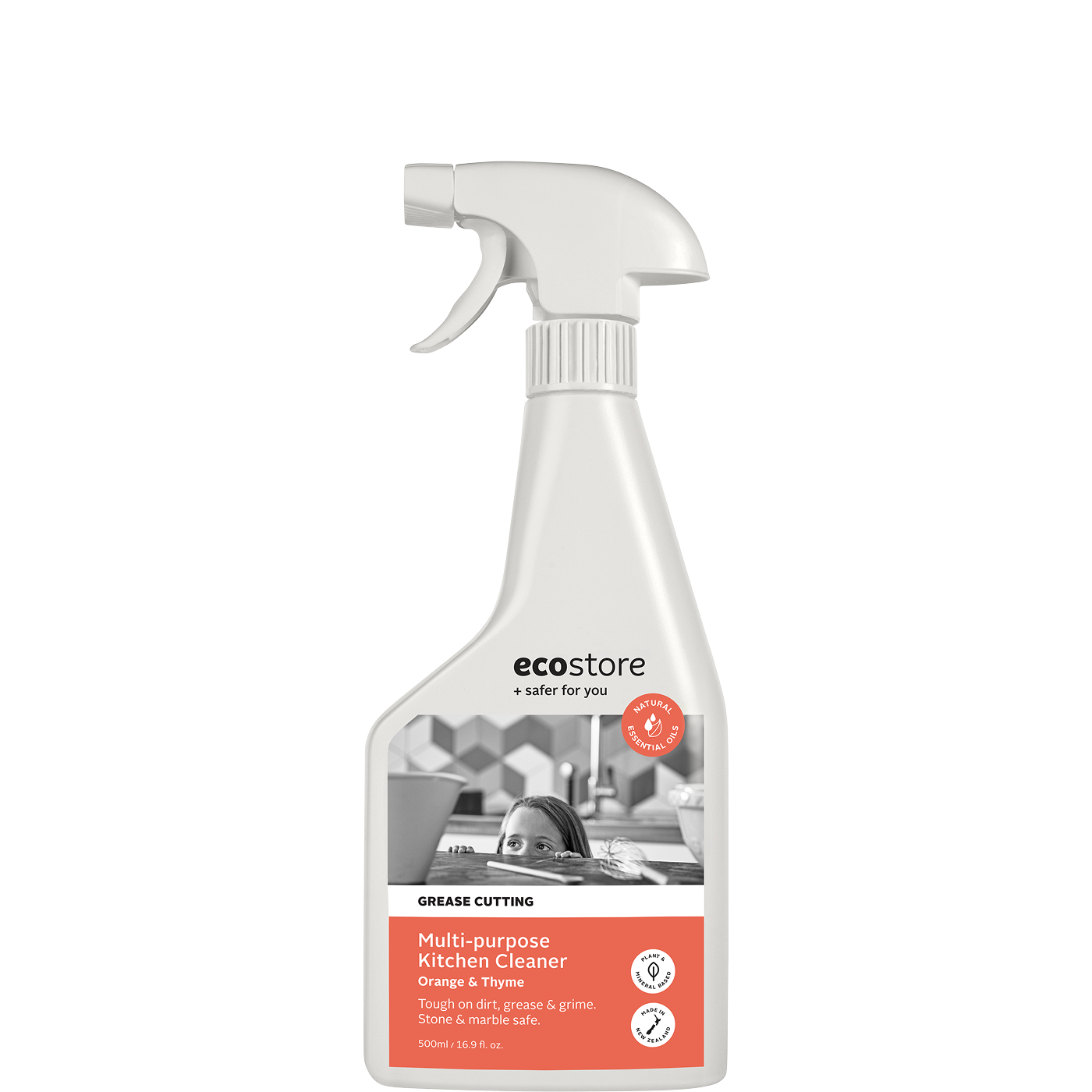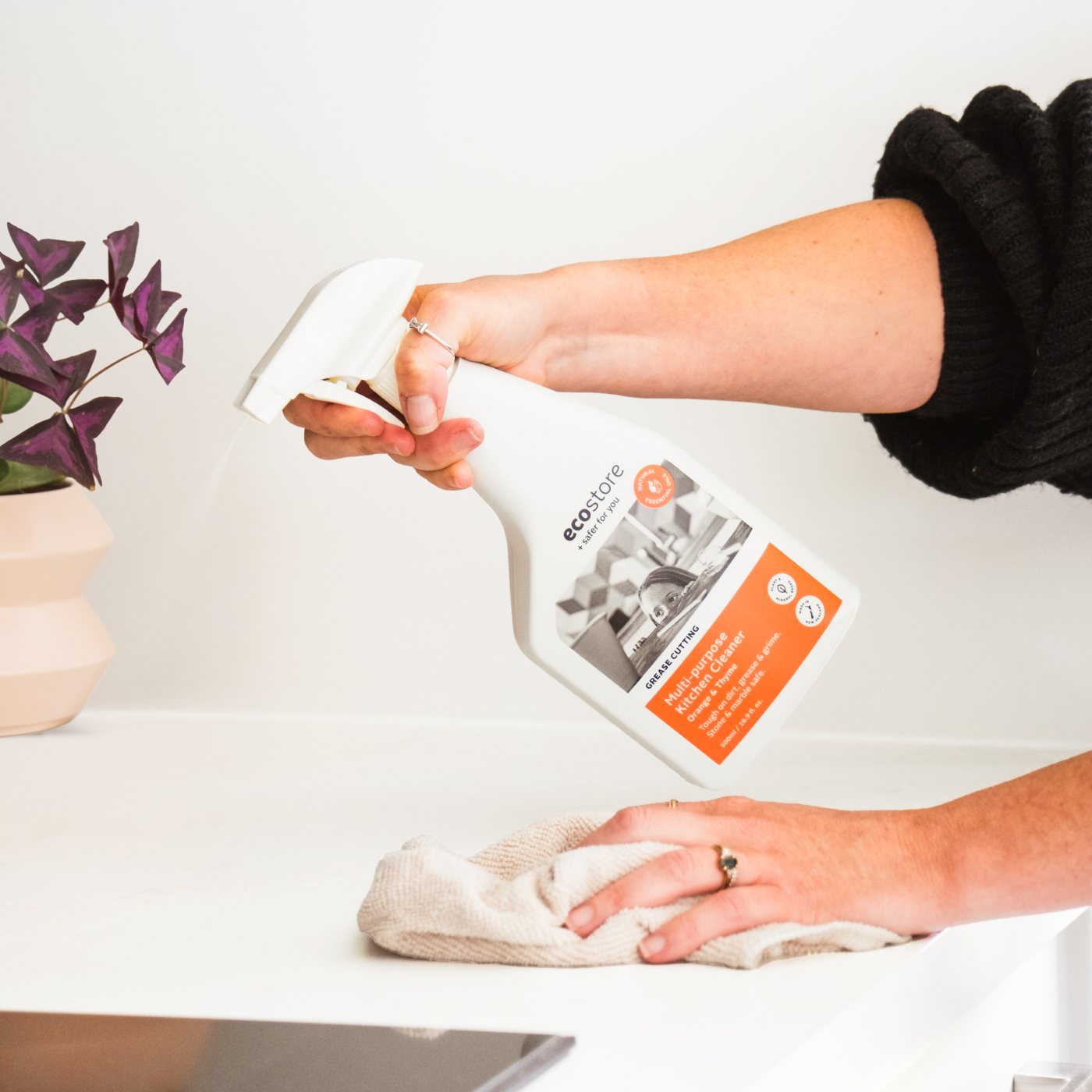Last year I attended an online writers’ workshop - which left me feeling more inspired than ever. I proudly declared to my fellow writing friends that I would be putting pen to paper every day for at least 20 minutes.
“Oh, like morning pages” one friend replied. I rushed to Google, not willing to expose myself as an amateur. Morning pages is a practice popularised by Julia Cameron in her book The Artist’s Way, which involves 20 minutes of uninterrupted writing, a continuous flow of consciousness. It is designed to be done in the morning, when you’re supposedly the most free from your own judgements. Cameron describes it as writing like “you have A.D.D.: jumping from topic to topic”, but as someone who does have ADHD, this didn’t sit well with me.
I’ve dabbled in journaling before, to work through difficult therapy sessions, to remember my dreams, and to stop myself from ruminating over a to-do list late at night. My love of writing out my feelings led to my blog, but it doesn’t provide the same safety and freedom that a tucked away notebook does. While some manage to maintain a regular journaling practice for decades, it’s something that I continue to dip in and out of, like my relationships with meditation and long-distance running. Luckily, like those practices, journaling provides physical and mental health benefits each time you do it. Research shows that journaling positively affects mood, reduces stress and improves sleep - the trifecta we all seem to be chasing.
In a world increasingly ruled by digital technology, the simple act of physically writing can be grounding in itself. I already own enough notebooks to see me through at least the next five years, but finding one you think you’ll use is a great first step. If old school isn’t for you, experts suggest that typing your thoughts into your notes app or word document still provides similar health benefits.
When I record my dreams, or plan out ideas for blogs and essays, it is often on my phone as it’s more accessible between meetings or on my morning commute. However, if I’m checking in with how I’m feeling after a long day or before a restorative yoga practice at home - I find the humble notebook to be the best medium.
So now you’ve got your writing tools, but the blank page is staring back at you. The first sentence is often the most daunting. This is where journal prompts can come in to save the day, a quick internet search will inundate you with examples. Some of my favourite journal prompts are inspired by Hannah Crerar, who is a journaling genius. These include: ‘Name what I’m experiencing with each of my five senses’, ‘What small things make me happy?’, and my two most used: ‘How can I be of service to others?’ and ‘How can I be of service to myself?’ Prompts like this allow me to connect not only to my inner voice, but also ground me within my physical environment and social circle - which is where I find the benefit of journaling lies. Wellbeing always comes back to meaningful connection.
-----
Chanelle is a vegan, amateur athlete, social advocate, environmental enthusiast and blogger at mynameischanelle.com.
Read more

The building feeling that everything is all too much, that life is getting away from us, that we just can’t cope or have too much on our plates, seems to be almost a fact of modern life. The juggle...

We all know how much of a challenge exercising can be, and especially so in the colder months. There are two things that keep me going when my own mojo has deserted me and that is to: Remember wh...






